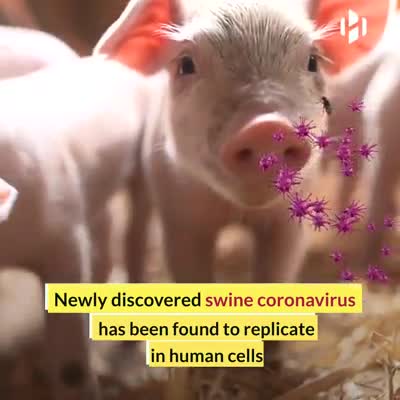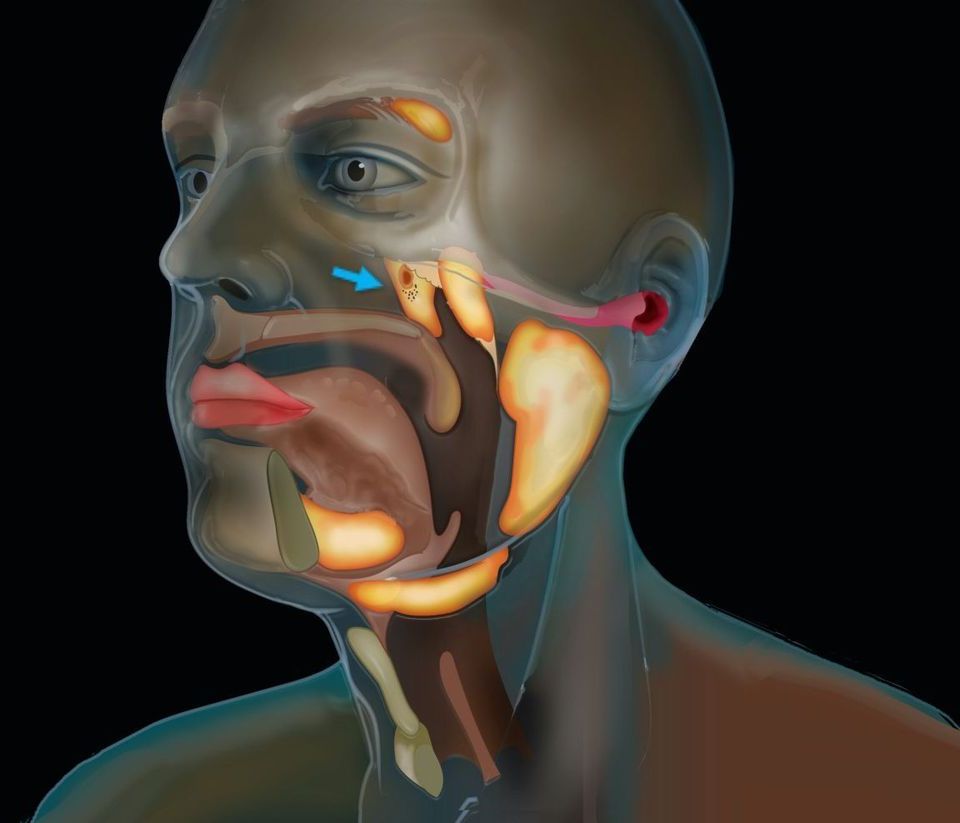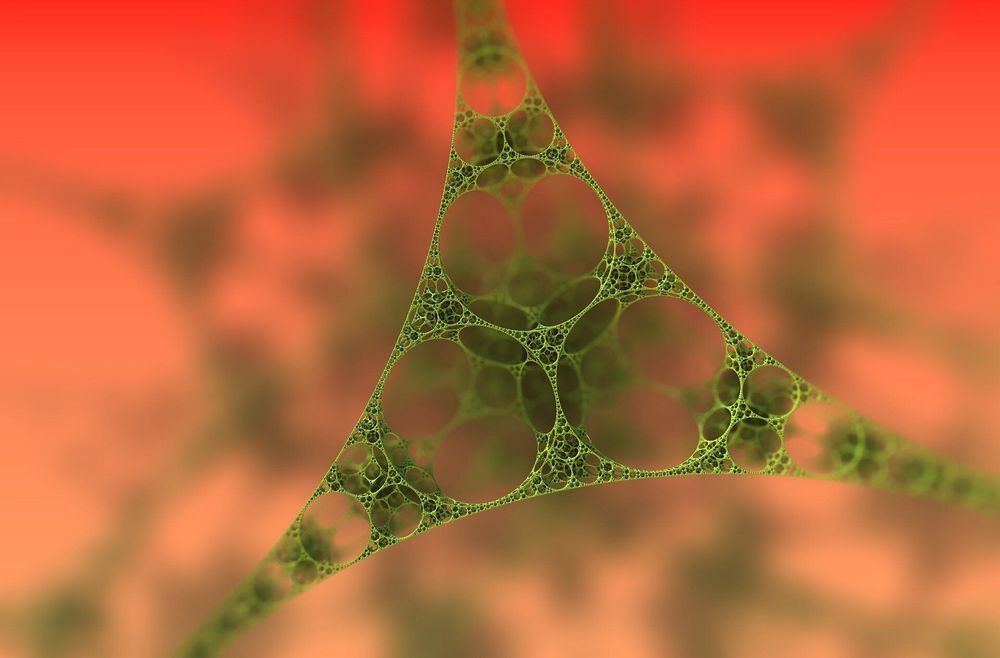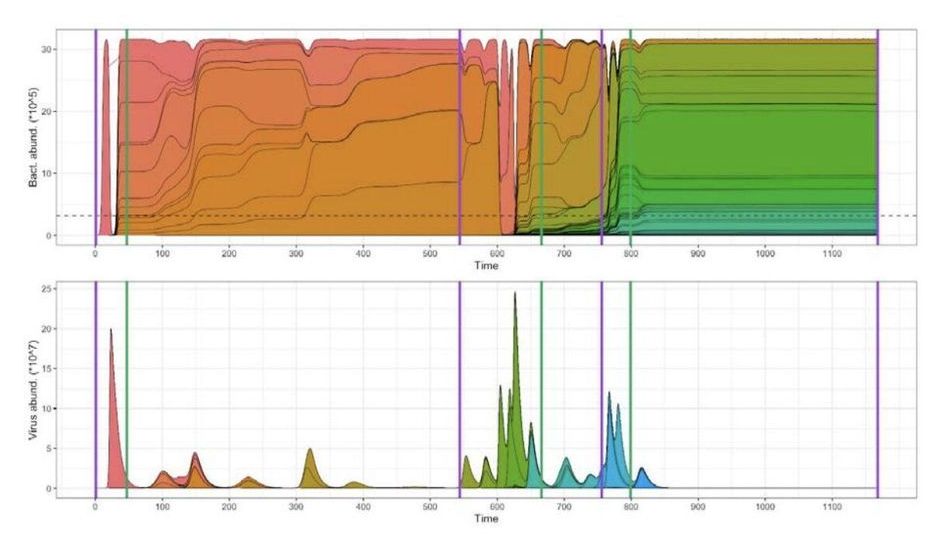WASHINGTON (AP) — Drugmaker Purdue Pharma, the company behind the powerful prescription painkiller OxyContin that experts say helped touch off an opioid epidemic, will plead guilty to federal criminal charges as part of a settlement of more than $8 billion, the Justice Department announced Wednesday.
The deal does not release any of the company’s executives or owners — members of the wealthy Sackler family — from criminal liability, and a criminal investigation is ongoing. Family members said they acted “ethically and lawfully,” but some state attorneys general said the agreement fails to hold the Sacklers accountable.
The company will plead guilty to three counts, including conspiracy to defraud the United States and violating federal anti-kickback laws, the officials said, and the agreement will be detailed in a bankruptcy court filing in federal court.






